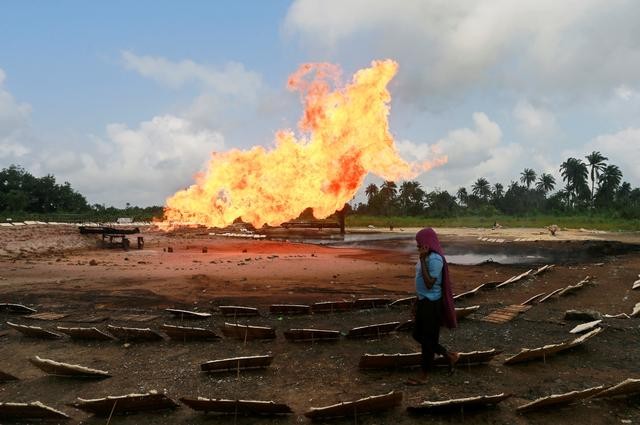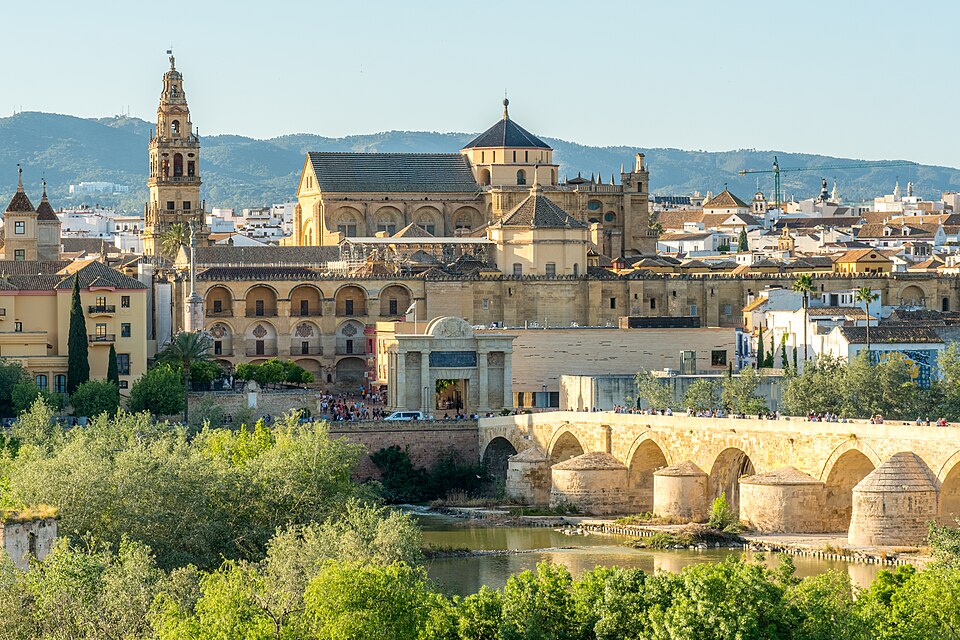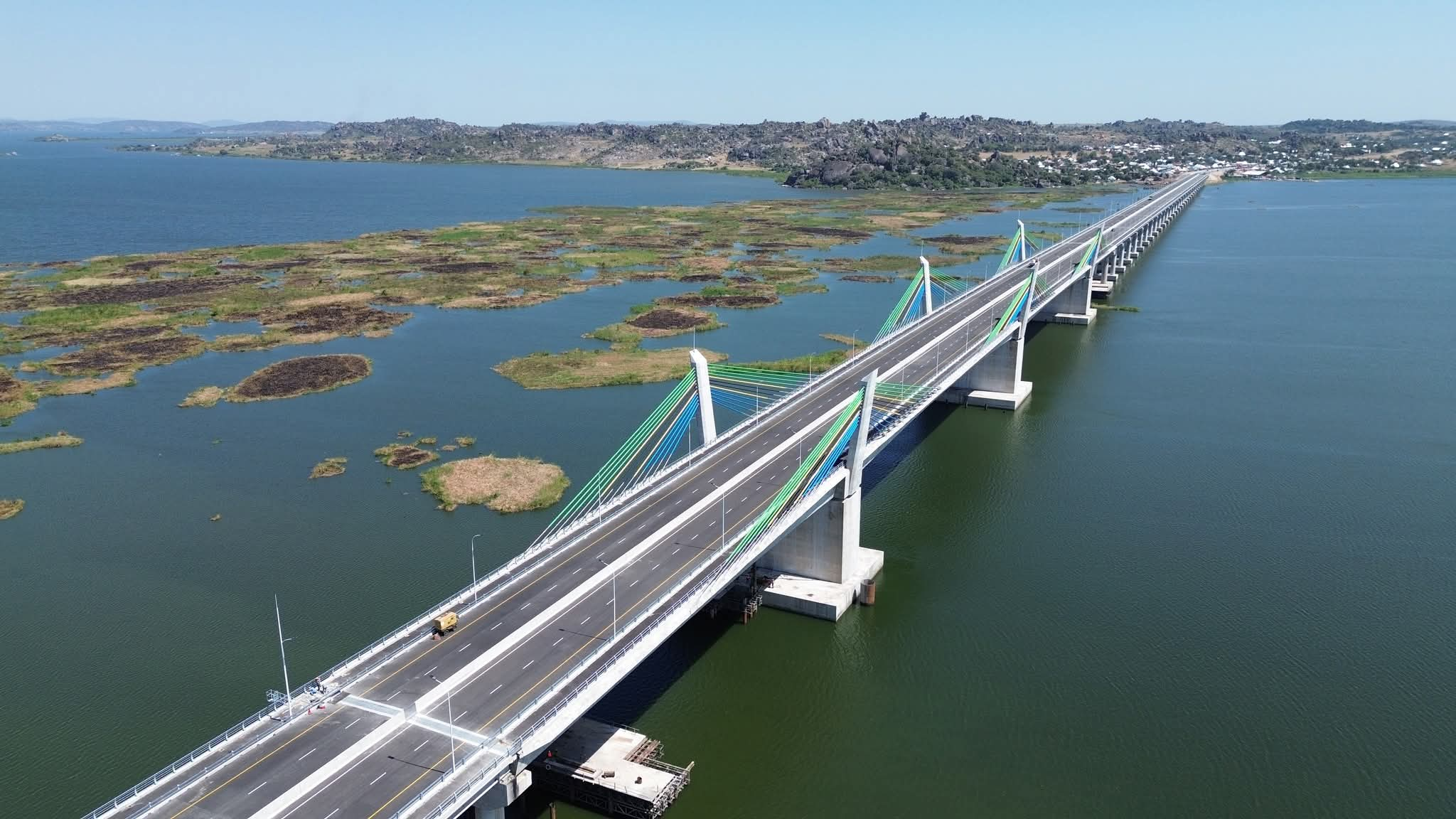GAS FLARING: Nigeria's Unending Timeline of Ending Flare Boom [Part 2]

Did you know that Nigeria is the world's largest flarer of natural gas, and that the country has continued to shift its deadline of ending gas flaring in the Niger Delta region?
Shell-BP found Nigeria's black gold (Oil) in 1956 near Oloibiri in Bayelsa state. But the discovery of oil completely altered the country's economic landscape. Approximately 75% of Nigeria's total gas output is flared and 95% of the "associated gas" generated as a by-product from crude oil extraction is flared, ranking Nigeria as the world's largest flarer of natural gas.
The Niger Delta environment where oil exploration takes place has one of the highest densities of biodiversity across the globe, as well as fertile land that can support a plethora of diversified flora and fauna than any other West Africa’s ecosystem. But life in the Nigeria Delta area became miserable in every aspect of health and wealth, especially for villagers who initiated a livelihood in fishing and farming.
During gas flaring, the undesirable byproduct of oil extraction raises soil temperature, reducing agricultural yields. International oil firms in operation for more than four decades are to be blamed for this issue. Further, before making any progress, many authorities say the country's infrastructural and financial issues must be addressed. Attempts to deliver essential resources to curb gas flare since 2016 have been plagued by corruption and a lack of technology. To dissuade multinational firms against flaring gas, Nigeria's government mandated a $2 per thousand cubic foot penalty. In 2021, the National Oil Spill Detection and Response Agency (NOSDRA) furnished $521 million in fines, most of which went unpaid.
In this sector, patronage has been used to circumvent the norms and regulations controlling Niger Delta oil exploration, resulting in constant gas flaring by enterprises and a lack of state institutions to control gas flaring. The country is attempting to tighten its belt, along with 110 other nations and has vowed to eliminate gas flaring by 2030 as part of a revised climate change seeking to innovate to the United Nations last year. Nigeria has also signed up to a Global Methane Pledge, which commits to reducing emissions by 30 percent by 2030. In addition, the Climate Change Act (CCA) was legislated by the government enacted in 2021.
The scenario states an uncharted nebulousness on meeting the emission target layout by Nigeria government through their submitted Nationally Determined Contribution (NDC), bolstering imperative pledge towards reducing its emissions by 50 percent from their current levels by 2050. Also, it’s a compatibilist view in the same path forwarded to achieve net-zero emissions by 2060.
As published by BusinessDay, according to the Nigeria Gas Flare Tracker, a satellite-based technology created by NOSDRA, despite numerous deadlines and international agreements, gas flaring continues unabated, leaving a trail of environmental damage, lost revenue, and broken promises. Here is a timeline of Nigeria’s unfulfilled promises to end gas flaring:
1969: General Yakubu Gowon directed oil companies to acquire resources and technologies to facilitate the use of associated gas in five years but the companies failed.
1979: The Associated Gas Reinjection Act was introduced, to prohibit the flaring of Associated Gas (AG) without the permission in writing of the Minister. It also ensures that defaulters forfeit concessions granted in the field where gas is flared, and the repair or restoration of reservoirs in the field.
1983: General Muhammadu Buhari set another ultimatum to end gas flaring with stringent penalties for non-compliance, but the oil companies failed to comply with the excuse of the high cost of re-injecting gas.
1984: Another date was fixed by the same regime, but there was no compliance due to an alleged flaw in the Act which required companies to get a paid licence from the minister to flare gas.
2003: Olusegun Obasanjo, former president of Nigeria, set another deadline to end gas flaring in Nigeria; it was also met with non-compliance due to the alleged failure of the government to engage the oil companies before fixing the deadline date.
2004: The same administration set another deadline to end gas flaring but the oil companies claimed that the deadline dates were not expressly spelled out in the legislation.
2005: The federal high court of Nigeria reiterated the illegality of gas flaring in Nigeria. It held that gas flaring was a violation of the constitutional right to life and dignity.
2007: Umaru Musa Yar’Adua, former president of Nigeria, set 2008 as the deadline to end gas flaring and later extended it to 2009 but these deadlines were not complied with on the grounds of alleged failure of the government to engage the oil companies before fixing the deadline dates.
2008: The Nigerian Gas Masterplan was introduced to end gas flaring in 2008.
2010: After taking office, Goodluck Jonathan set 2011 as another date to end gas flaring, but it was extended to 2012, but there was still no compliance.
2015: The Zero Routine Flaring (ZRF) initiative was launched to commit and push for the collaboration of the government and oil companies to end gas flaring no later than 2030.
2016: The Nigerian Gas Flare Commercialisation Programme (NGFCP) was launched to end gas flare and utilise flare gas to improve the economy. Still, the programme did not start immediately.
2017: The Federal Government of Nigeria launched the National Gas Plan (NGP) to drive investment in the gas sector and boost the growth of the gas segment of petroleum.
2017: Ibe Kachikwu, former state minister for Petroleum Resources presented Nigeria’s roadmap to end gas flaring in 2030, which is a decade ahead of the target in the ZRF by 2030 initiative, at a seminar organised by the International Gas Union (IGU), the World Bank and GGFR.
2018: The Federal Government increases the penalty for gas flaring from N10 per 1000 per standard cubic feet under the Petroleum Industry Act.
2022: The Nigerian Gas Flare Commercialisation Programme 2022 (NGFCP 2022) was relaunched to eliminate gas flaring through commercial and technical sustainable gas utilisation projects by third-party investors.
There are a variety of factors that contribute to the continual gas flaring. As far as politics is concerned, as a result of petro-influence capitals on Nigerian politics, the environmental justice advocates have been subjected to violence, forceful repression and intimidation by those who oppose the use of natural resources. The Nigerian government has not been able to successfully enforce environmental legislation because of the overlap and conflicting authority of distinct governmental bodies controlling petroleum and the environment, as well as because of quasi governance systems.
Lack of tenacity and institutional corruption has hampered the Nigerian government and its institutions, notably the Department of Petroleum Resources (DPR), the oil sector's regulator. State-centred explanation: resource booms tend to erode a state's institution. Renterism is one of the reasons for the state, its institutions, and the political class's weakness. Institutions like the federal government owns the largest portion of Nigerian oil production (about 55-60%) and is anticipated to fund this joint venture to enhance and boost output while addressing various issues related to oil production.
Although, World Bank initiated Global Gas Flaring Reduction (GGFR) in 2002 through public-private collaborative effort. However Nigeria experiences the lack of access to local and international markets and inadequate infrastructure which is a major constraint on gas commercialization. Nigeria has adopted various laws, ordinances, and regulations aimed at reducing gas flaring, particularly in the Niger Delta oil producing areas. In further analysis, policy design and implementation include many actors. However, non-state actors play an important role in environmental policymaking. Public awareness, public-private partnerships, and the establishment of private governance initiatives are some of the ways they influence state players through lobbying and public awareness in Nigeria’s economy.
SOURCES: BusinessDay | The Unspoken Story of Nigeria's Gas Flaring By Saikat Das as published in LinkedIn
#penglobalfactfile #gas


_1755775186.jpg)
